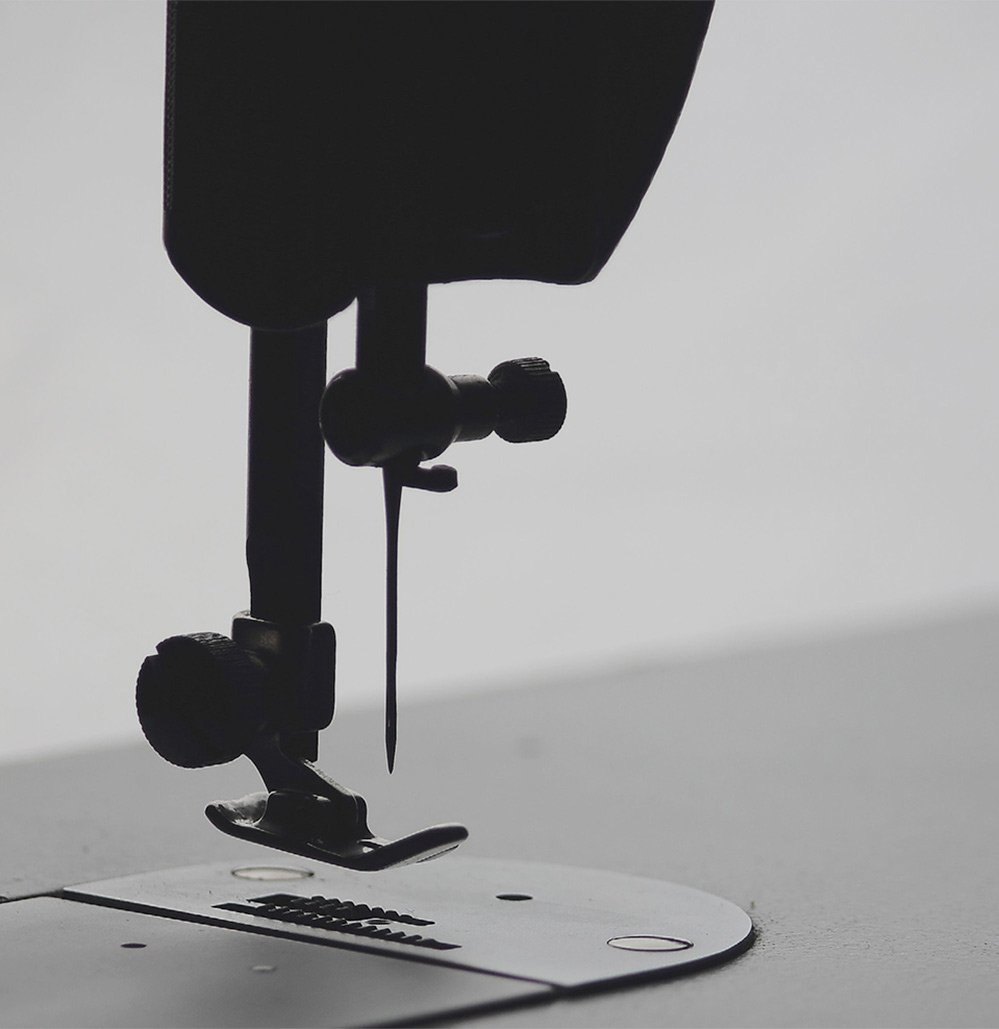

The excellence
of our skills
unique skills at the heart
of the “IKKS Acts Better” approach
find out more

Stitchers,
pattern makers,
design office,
style studio,
quality check, CSR teams
IKKS has all the expertise
in conceiving and designing
collections in-house
in Saint-Macaire-en-Mauges
and Paris.
It is local expertise, highlighted by a team of passionate people every day. As quality goes with things that last, our teams set about the task of guaranteeing you have desirable and hard-wearing products!
A team of 22 people based in Saint-Macaire-en-Mauges is fully dedicated to creating the prototypes for our models, developing more than 2,500 prototypes a year. This stage which is very important in creating our collections, guarantees our clothes’ quality and that they fit well.
Zoom
on 3 key professions

Pattern maker
Once the stylist has done the technical drawing, the pattern maker takes over.
They are responsible for the product being well made before it is mass-produced. They always start with a pattern with enables going from the drawing to giving the garment volume; making it as if in 3D.
After making an initial prototype, they make adjustments until the perfect model is achieved. Gradation is then applied, which enables the first pattern to be adjusted in all existing sizes.

Stitcher
The stitcher intervenes once the pattern has been finished.
They put the first prototype together and check that it’s feasible. After having cut out the various pieces from the pattern, they assemble them according to a very precise assembly process. This enables difficulties and/or anomalies related to the pattern or materials to be detected, and to propose fast technical solutions to improve the model.


Scheduling / fitting together
The ‘scheduling’ profession is done in the production workshop.
It consists in planning a model’s manufacturing, from technical information provided by the design office, and by taking production parameters and the specifications into account. It’s a profession that requires interacting directly with various departments, which are production, the design office, buying, the sales reps, as well as regular liaison with suppliers and sub-contractors. Studying production costs, defining cost prices and analysing product added value, writing technical instructions and instruction forms for production departments are all elements involved in the process.
As part of our CSR approach, the production planning department sets up tests for new products or procedures, like new more ethical materials for example, and proposes solutions for improving performance.
